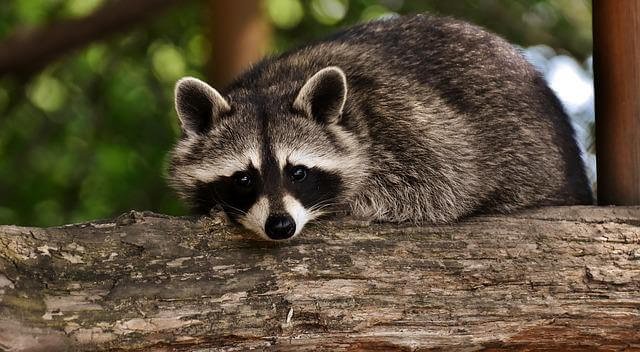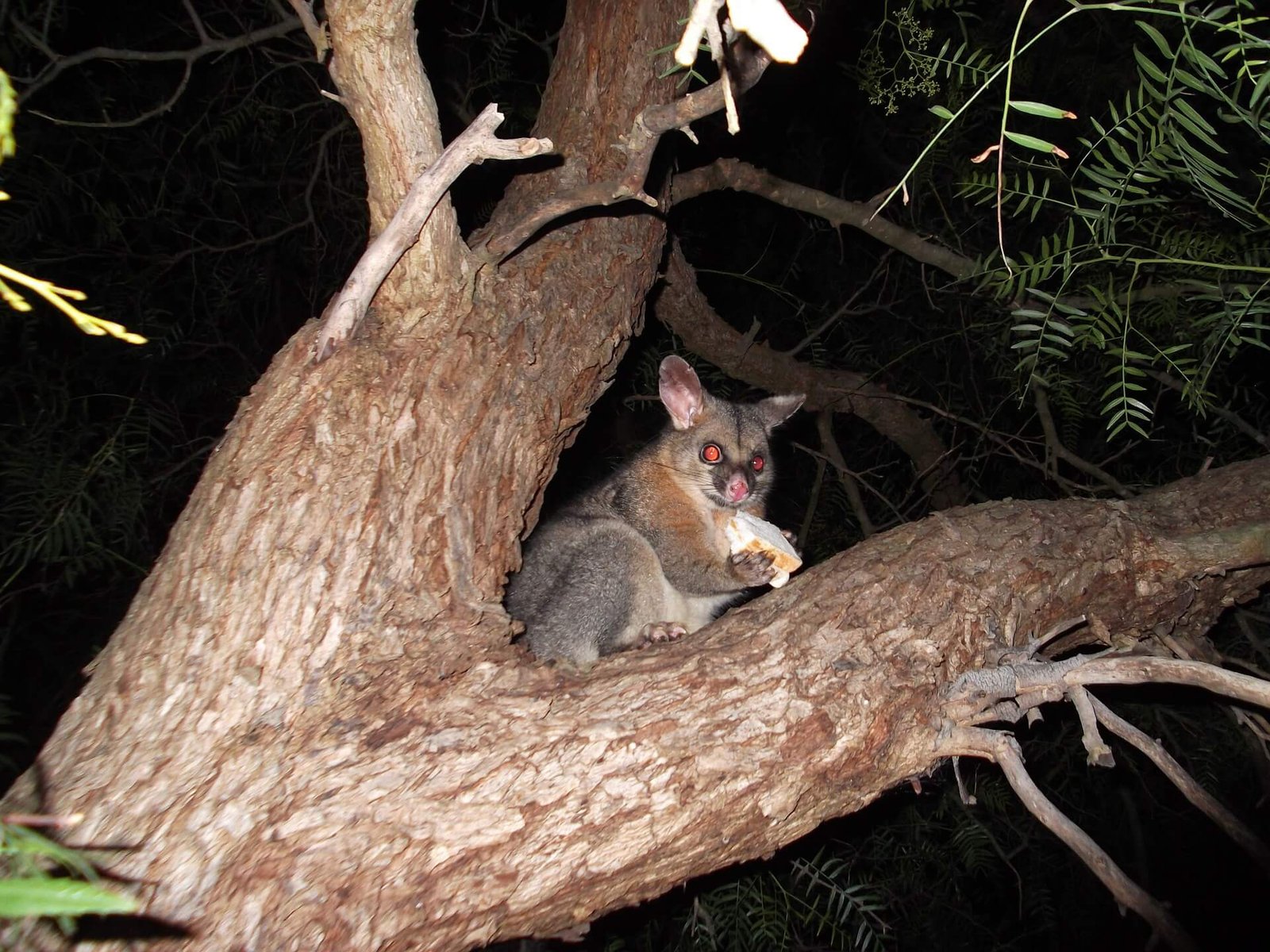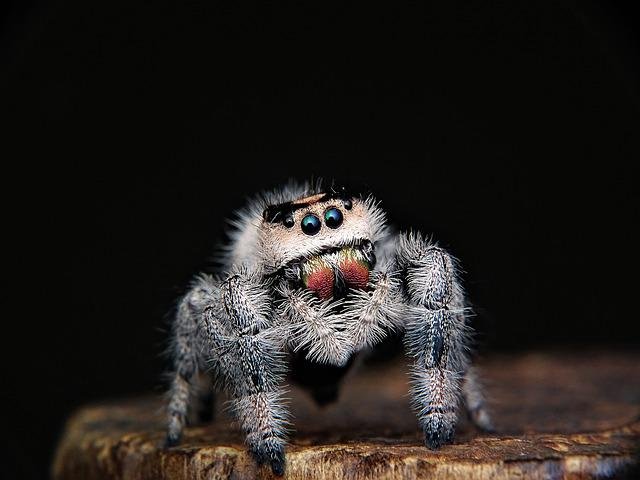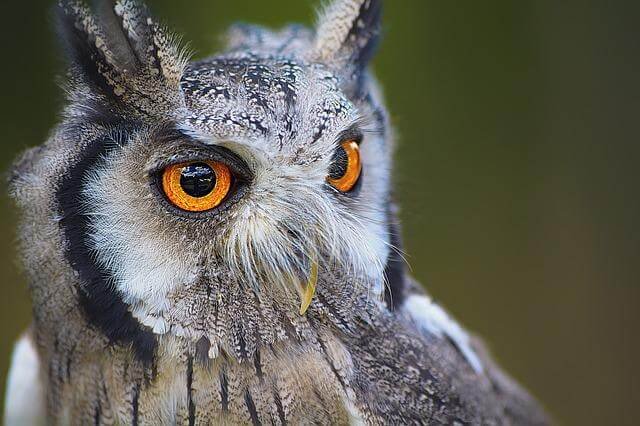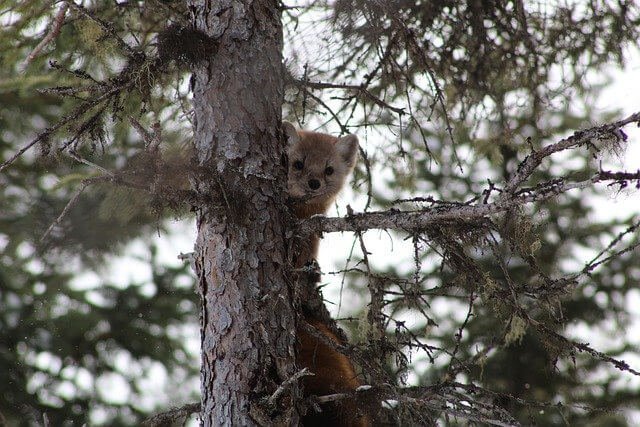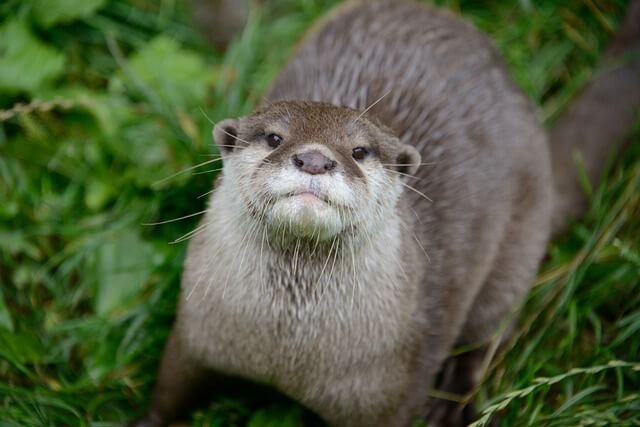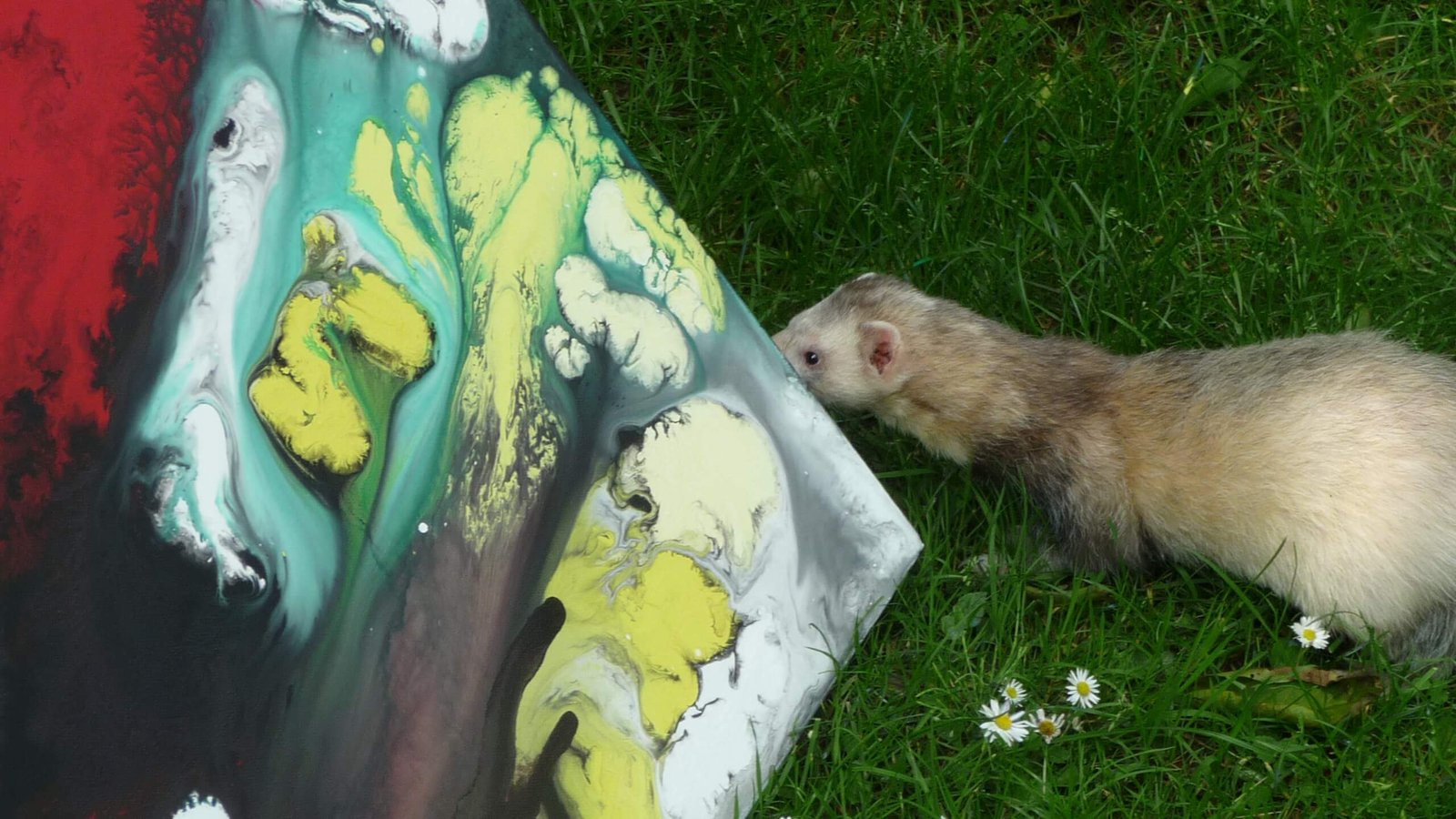Raccoon Facts! What do they eat in the wild, and are they dangerous?
Raccoon diet: What do raccoons eat in the wild? Raccoons are omnivores, and they will pretty much eat anything. They primarily feed on plants and animals but also enjoy a wide variety of human foods. In urban areas, raccoons often scavenge through garbage cans for food scraps or pet food left outside overnight. A typical … Read more
